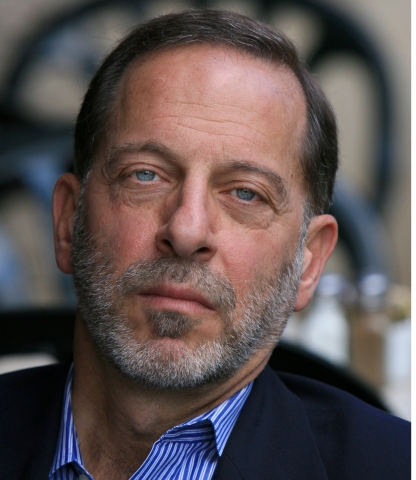The Significance of Being First; Competing: Jewish and Arab Discourses
Sponsored by Jewish Studies Program and the Department of History
Sponsored by Jewish Studies Program and the Department of History
“Political Islam, the Muslim Brotherhood and Egyptian Politics”
7:00 pm W.T. Young Auditorium
Associate Professor of Islamic Law, University of Toronto, Faculty of Law
Scholar of Islamic Law and Islamist/Reformist Thought
Author of the book: Muslim Reformists, Female Citizenship and the Public Accommodation of Islam in Liberal Democracy
Articles: “Islamic Politics and Secular Politics: Can They Co-Exist” and “Judicial Institutions, the Legitimacy of the Islamic State Law and Democratic Transition in Egypt”
“Political Islam, the Muslim Brotherhood and Egyptian Politics”
7:00 pm W.T. Young Auditorium
Associate Professor of Islamic Law, University of Toronto, Faculty of Law
Scholar of Islamic Law and Islamist/Reformist Thought
Author of the book: Muslim Reformists, Female Citizenship and the Public Accommodation of Islam in Liberal Democracy
Articles: “Islamic Politics and Secular Politics: Can They Co-Exist” and “Judicial Institutions, the Legitimacy of the Islamic State Law and Democratic Transition in Egypt”
“Political Islam, the Muslim Brotherhood and Egyptian Politics”
7:00 pm W.T. Young Auditorium
Associate Professor of Islamic Law, University of Toronto, Faculty of Law
Scholar of Islamic Law and Islamist/Reformist Thought
Author of the book: Muslim Reformists, Female Citizenship and the Public Accommodation of Islam in Liberal Democracy
Articles: “Islamic Politics and Secular Politics: Can They Co-Exist” and “Judicial Institutions, the Legitimacy of the Islamic State Law and Democratic Transition in Egypt”

This lecture will examine American efforts to further a "peace process" that has in fact exacerbated the conflict, and will explore how the US could contribute to a just resolution of the Palestine issue.
Rashid Khalidi is the Edward Said Professor of Arab Studies and chair of the Department of History at Columbia University. He received a B.A. from Yale University in 1970 and a D. Phil. from Oxford University in 1974, and has taught at the Lebanese University, the American University of Beirut, Georgetown University, and at the University of Chicago. He is past President of the Middle East Studies Asociation, was an advisor to the Palestinian delegation to the 1991-1993 Arab-Israeli peace negotiations, and is editor of the Journal of Palestine Studies.
Khalidi is the author of seven books: Brokers of Deceit: How the U.S. has Undermined Peace in the Middle East; Sowing Crisis: American Dominance and the Cold War in the Middle East; The Iron Cage: The Story of the Palestinian Struggle for Statehood; Resurrecting Empire: Western Footprints and America’s Perilous Path in the Middle East; Palestinian Identity: The Construction of Modern National Consciousness; Under Siege: PLO Decision-making during the 1982 War; and British Policy towards Syria and Palestine, 1906-1914.

This lecture will examine American efforts to further a "peace process" that has in fact exacerbated the conflict, and will explore how the US could contribute to a just resolution of the Palestine issue.
Rashid Khalidi is the Edward Said Professor of Arab Studies and chair of the Department of History at Columbia University. He received a B.A. from Yale University in 1970 and a D. Phil. from Oxford University in 1974, and has taught at the Lebanese University, the American University of Beirut, Georgetown University, and at the University of Chicago. He is past President of the Middle East Studies Asociation, was an advisor to the Palestinian delegation to the 1991-1993 Arab-Israeli peace negotiations, and is editor of the Journal of Palestine Studies.
Khalidi is the author of seven books: Brokers of Deceit: How the U.S. has Undermined Peace in the Middle East; Sowing Crisis: American Dominance and the Cold War in the Middle East; The Iron Cage: The Story of the Palestinian Struggle for Statehood; Resurrecting Empire: Western Footprints and America’s Perilous Path in the Middle East; Palestinian Identity: The Construction of Modern National Consciousness; Under Siege: PLO Decision-making during the 1982 War; and British Policy towards Syria and Palestine, 1906-1914.